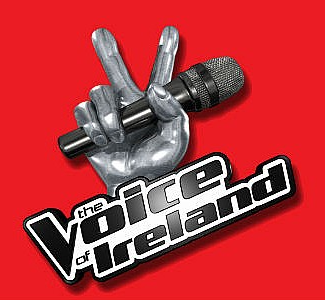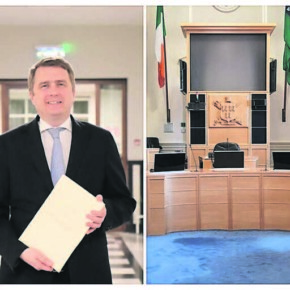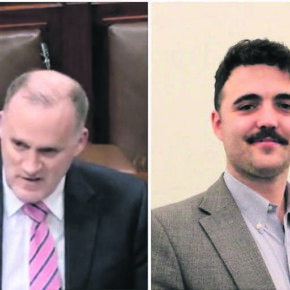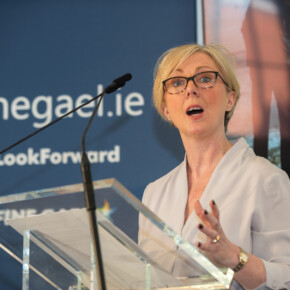“Toxic” culture at RTÉ for creators
Mike Finnerty 19 Jul 2023
An Irishman who said he pitched the concept for The Voice to RTÉ in 2008 says the “toxic culture pervading Montrose” prevented his idea from getting off the ground.
The state broadcaster has become embroiled in recent controversies surrounding barter accounts, car sponsorships and payment-related issues, but according to Roy Barry, the dysfunction is nothing new.
Barry says he registered the copyright for what he says was the original idea behind global TV hit The Voice in August 2008 with the Copyright Office in the United States, and subsequently pitched the idea to RTÉ producer Eoghus McNally that same year. Barry said he “respected” RTE’s initial stance that the show “was unsuitable for their network” and that he accepted their decision.
In 2011, Barry discovered RTÉ were proceeding with their own version of The Voice, purchasing the franchise rights from a Dutch production company, Talpa Media BV.
The company is notable for being owned by John de Mol Jr, credited as the creator of The Voice and is also famous for being the brainchild of reality TV hit Big Brother.
“At this stage my legal team in the USA promptly issued a comprehensive legal notice to RTÉ – it explicitly warned them of the severe consequences they would face if they proceeded to acquire the stolen version of the show.”
In legal correspondence from February 2012, seen by Dublin People, RTÉ’s solicitor wrote to Barry “you have previously been advised by RTÉ that Talpa Media BV utterly rejects your assertions that the series, The Voice of Ireland, infringes any alleged rights as claimed by you.”
“We note that you first wrote to RTÉ back in May 2011 and indeed have engaged with correspondence with Talpa since April 2011 in relation to this matter.”
Barry says his agent organised a meeting with the producers of the Dutch iteration of the show and signed a non-disclosure agreement to that effect, but later found that they proceeded with what he claims was his idea.
Barry claims that RTÉ “could have had the show for free” had they accepted his pitch in 2008, and in his view, “support Irish talent in the process.”
“I’m not some dipstick off the street – but because I’m not within the inner RTÉ circle, my ideas were ignored,” he claimed.
“The Voice has generated over $2 billion in revenue worldwide, and this is a show that RTÉ could have had for free,” he noted.
Barry claims the revenue generated by the global success of The Voice could have helped RTÉ’s substantial financial problems, as selling program formats abroad is the traditional way of television stations generating revenue.
In his subsequent legal battles in the United States the case was heard in a court in California, with the case proceeding until 2018, at which stage Barry says “I ran out of money” against the “deep pockets” of De Mol Jr.
Barry is in the process of attempting to sell a new show called Text The Number to Scottish broadcaster STV, and said that his experiences dealing with RTÉ put him off ever doing business with the broadcaster again.
“The impact of this situation on my professional endeavors cannot be overstated; I found myself victimised by RTE’s vindictive blacklisting.”
“I was left with no alternative but to explore opportunities abroad, notably in the UK, and it pains me to witness my dream of creating an Irish brand, born from the creative spirit of Ireland, shattered by the toxic culture pervading Montrose,” he said.
The Corkman pitched Text The Number to RTÉ, but was “completely ignored” in what he calls “an astonishing display of apathy.”
“It is disheartening to see that the legal notice surrounding The Voice has clouded their judgment, preventing them from recognising the potential of this show.”
With RTÉ themselves making the headlines as opposed to reporting on them, Barry hopes that the current scandal will result in a more creator-friendly atmosphere.
“At the minute, RTÉ are pissing me off with their behaviour. What is happening to them is a pure scandal,” he said.
“My sincere hope is that RTE will reevaluate their stance and extend equal opportunities to all creators, irrespective of their connections or background.”
“Together, let us work towards transforming the culture within RTE, not only for my sake but for the greater good of the industry – why should we continue to import shows from other countries when we have the ability to develop and export our own original content?”











